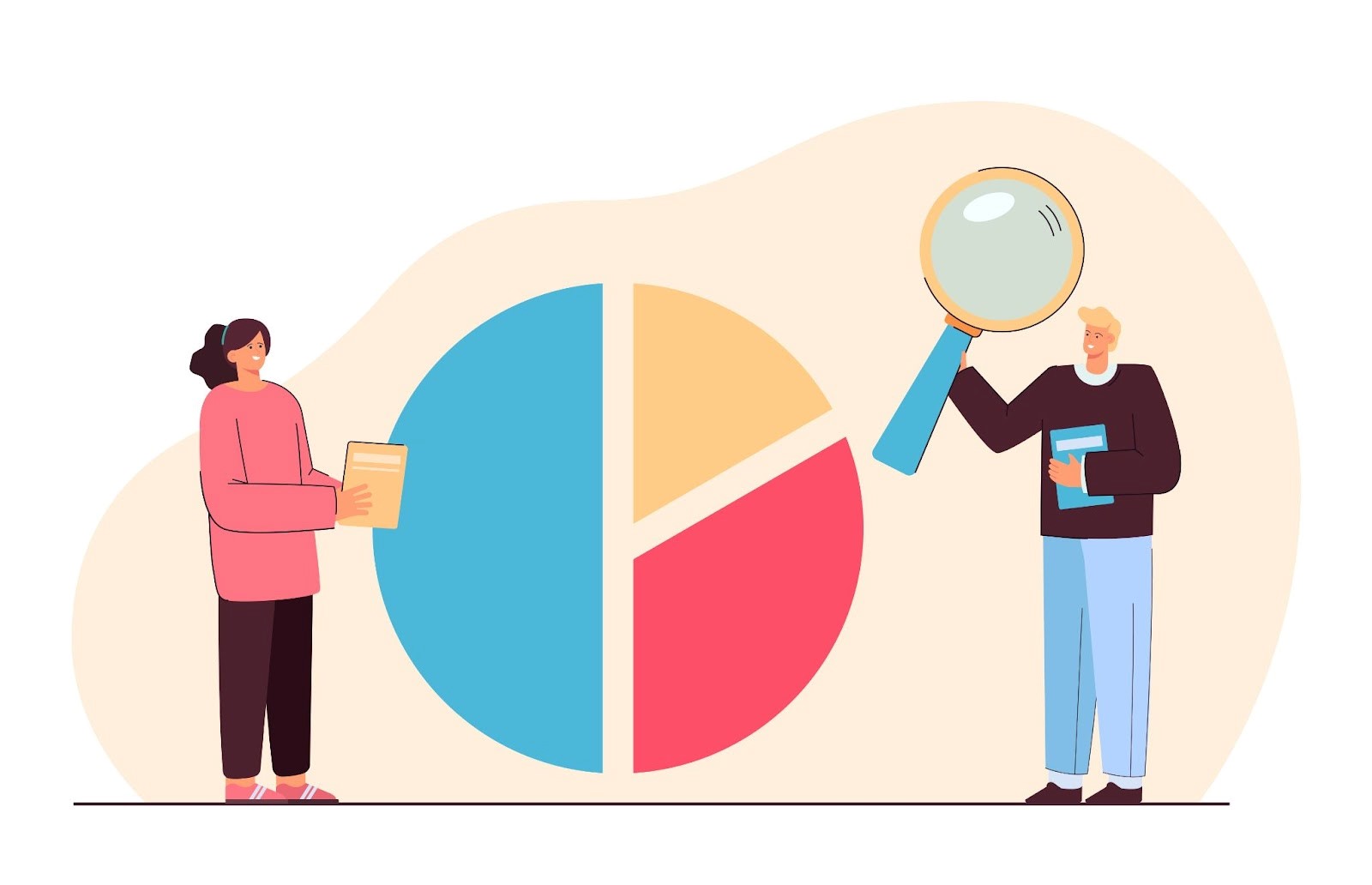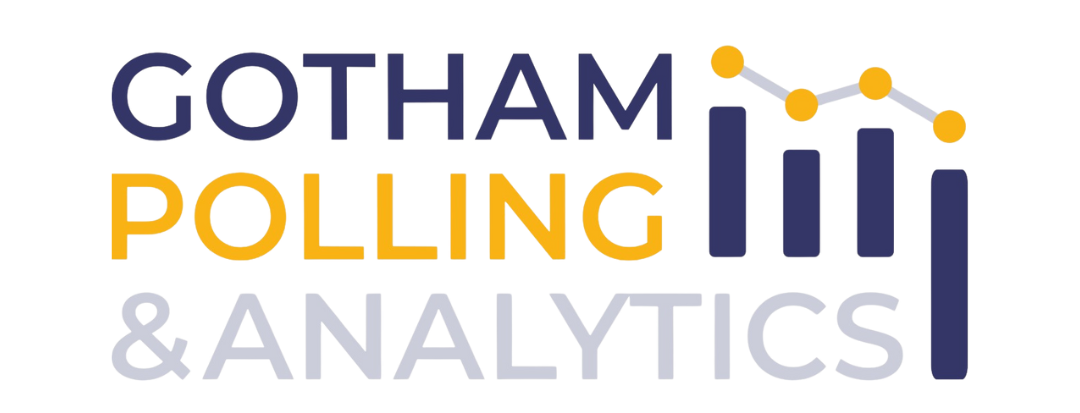Why Is Policy Evaluation Important for Municipalities?
Why Is Policy Evaluation Important for Municipalities?
by Gotham Polling

Policy evaluation is a critical process that enables municipalities to assess the effectiveness of their initiatives and ensure that public resources are used efficiently. In this blog post, we delve into why policy evaluation is essential for municipalities, highlighting the role of Municipal Pollingin gathering feedback and driving continuous improvement. By understanding the impact of policies through rigorous evaluation, local governments can better serve their communities and adapt to changing needs.
The Need for Policy Evaluation
Policy evaluation involves systematically assessing the design, implementation, and outcomes of governmental initiatives. For municipalities, this process is not merely about accountability—it’s a cornerstone of proactive governance. The benefits include:
Informed Decision-Making:By analyzing what works and what doesn’t, officials can make data-driven adjustments.
Resource Allocation:Evaluations help determine where to allocate funds and resources to achieve maximum impact.
Public Trust:Transparent evaluation processes build community confidence in governmental actions.
Continuous Improvement:Regular assessments foster an environment of learning and adaptation.
Role of Municipal Polling in Policy Evaluation
Municipal Pollingis an invaluable tool for policy evaluation. By collecting direct feedback from residents, polling allows local governments to measure public satisfaction and identify areas for improvement. This method provides:
Quantitative Data:Numerical scores and percentages that help track performance over time.
Qualitative Insights:Detailed comments and suggestions that offer context to the numbers.
Benchmarking:Comparisons with previous evaluations to assess progress.
Methods for Effective Policy Evaluation
Municipalities employ various methods to evaluate their policies:
Surveys and Questionnaires:Standardized tools that capture community feedback on policy outcomes.
Focus Groups:In-depth discussions that reveal nuanced opinions and recommendations.
Data Analytics:Utilizing advanced analytics to interpret polling data and extract actionable insights.
Public Consultations:Engaging community members in dialogue to discuss policy impacts and future directions.
Each of these methods, when integrated under the banner of Municipal Polling, provides a comprehensive view of policy performance.
Success Stories from Municipalities
Many municipalities have seen success by incorporating Municipal Pollinginto their policy evaluation frameworks. For instance, a city council might launch a pilot program for affordable housing and then use polling data to assess resident satisfaction. The feedback may reveal strengths such as improved access to housing, alongside challenges that require adjustments. These success stories underscore how effective policy evaluation not only improves programs but also reinforces public trust in government decisions.
Best Practices for Policy Evaluation
To maximize the benefits of policy evaluation, local governments should:
Be Transparent:Share evaluation methods and results openly with the community.
Act on Feedback:Use polling data to make meaningful adjustments to policies.
Set Clear Goals:Define measurable outcomes before implementing policies.
Engage Stakeholders:Include input from a diverse range of community members to ensure a holistic evaluation.
The Role of Gotham Polling & Analytics
For municipalities seeking to elevate their policy evaluation processes, Gotham Polling & Analytics is a trusted resource. Their expertise in Municipal Pollingprovides local governments with tailored polling solutions that streamline the evaluation process, ensuring that policies are continually refined to meet community needs.
Conclusion
Policy evaluation is a vital element of effective governance, ensuring that municipal initiatives remain relevant and beneficial to the community. Through Municipal Polling, local governments gain the insights needed to refine policies, allocate resources wisely, and build public trust. Embracing these practices leads to more responsive and accountable governance. For innovative polling solutions and professional support in policy evaluation, visit Gotham Polling & Analytics and discover how data-driven insights can transform municipal governance.

